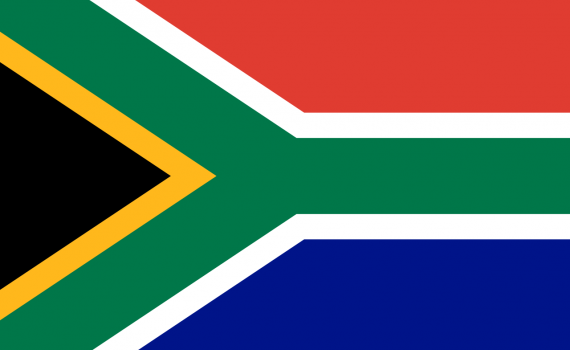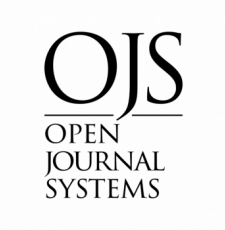
In December 2021, the National Assembly’s Portfolio Committee on Trade and Industry called for public submissions and comments on new, substantive amendments to the Copyright Amendment Bill [B13B-2017], based on inputs from the previous public consultation in June 2021.
The wide scope of the proposed amendments surprised many stakeholders because the previous consultation was clearly limited to certain, specific issues contained in reservations by the President on the constitutionality of some sections of the Bill. Instead, the new amendments effectively frustrate the exceptions enabling quotations, reporting of current events, translation, personal use, as well as activities of libraries and archives, including lending, access to digital works, making preservation copies, format-shifting and inter-library document supply.
As a result, the bill, if adopted in its current form, risks failing in a key policy objective: to ensure access to information for research, education, libraries and archives and developmental goals.
EIFL’s comments focussed on Section 19C of the Bill, the exception for libraries, archives, museums and galleries (GLAMs), but the concerns raised apply to many of the other exceptions as well.
The introduction of multiple and overlapping conditions to specific exceptions risks rendering these exceptions unusable
The main problem with the new amendments is the introduction of multiple and overlapping conditions to the specific exceptions in Section 19C that significantly undermines the utility of section 19C for the institutions it is designed to benefit.
The application of various tests - fair use, fair practice, or Berne Three Step tests - either applied separately or together to the specific GLAM activities makes the exceptions utterly confusing and difficult to understand even, we would suggest, for trained legal professionals. The intended beneficiaries – librarians, archivists, teachers, researchers, journalists and citizens in South Africa - will find it almost impossible to actually use the exceptions in practice.
Excessive complexity in legislation creates burdens for individuals, institutions and communities. More generally, it undermines efforts by governments to democratize the rule of law.
It is forty-four years since the existing Copyright Act (1978) was adopted, and five years since the Copyright Amendment Bill was first introduced to parliament. Libraries in South Africa will be hugely let down if the long awaited promise to allow modern library activities and services, such as digital preservation and full support for online learning, remains out of reach due to fear of infringement.
EIFL supports fair use
Of course, EIFL supports fair use. But fair use should supplement the specific exceptions, rather than be superimposed upon them. It should support the specific exceptions by enabling certain other legitimate uses not foreseen by the legislator when the law was developed, rather acting as a constraint on those specific activities that the legislator has deemed, under the exception, to be in the public interest.
A library user should be permitted to copy excerpts of audio-visual works
In addition, EIFL believes that a user in a library or other GLAM institution should be able to view an audiovisual work, listen to a sound recording on the premises of the GLAM or via a secure computer network, and to make a copy of a portion of an audiovisual work or sound recording. For example, a student should be allowed to use her mobile phone to copy an excerpt of the work for a school assignment.
Section 19C(4) proposes to prohibit a library user from making such a copy. EIFL calls for this prohibition to be removed in the interests of education and learning, and in recognition of the reality that libraries and other GLAMs do not have the staffing to patrol individual users’ activities.
Read EIFL’s letter to the Portfolio Committee on Trade and Industry, January 2022.
SHARE / PRINT









